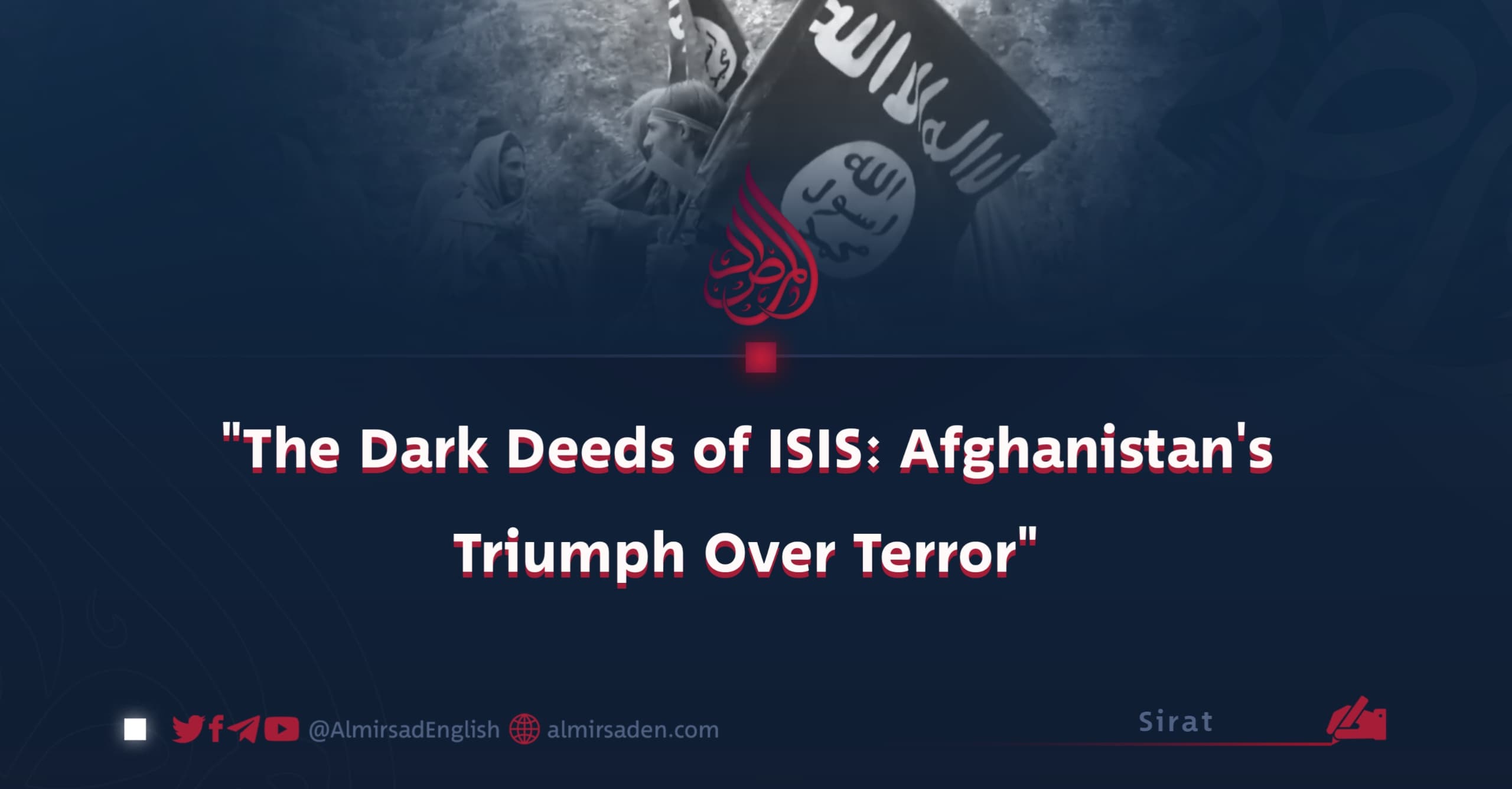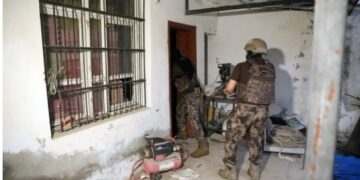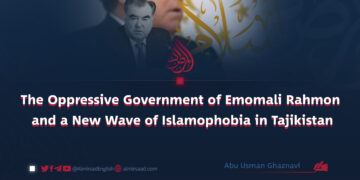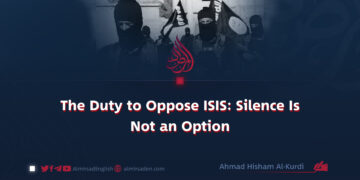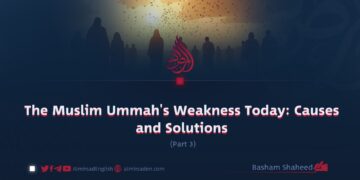Author: Sirat
The accounts of the atrocities perpetrated by ISIS are deeply disturbing, causing a sense of alarm. It is evident that these individuals possess a lack of religious values and do not adhere to Islamic principles.
In contemporary Afghanistan, individuals across the nation have taken on the role of political commentators. Engaging in political debates has become a common practice among those who have the time and inclination, even if they are lacking in comprehensive knowledge on the subjects at hand.
While traveling to Nangarhar, I encountered two men sitting next to me in a Corolla vehicle who were deeply engrossed in a heated discussion about the atrocities and horrors perpetrated by ISIS. One of them hailed from a remote area within the Khogyani district.
The resident of Khogyani recounted that when ISIS first began their activities in their region, they announced in the villages that households with unmarried girls should raise flags on their homes, so that we would know which houses had unmarried girls.
Over time, this became a coercive practice imposed on the local people—flags were forcibly raised. It became clear to everyone that wherever a flag flew, there were unmarried girls in that house.
In short, flags were raised on homes, and then the ISIS terrorists would invade those houses, forcibly marrying the girls without consent. No one could stop them; anyone who tried would have their head severed.
The individuals traveling with me, as well as myself, expressed gratitude to Allah for our protection from the terrorists and for the establishment of an Islamic and Sharia-based framework that safeguards the rights of all faithful Muslim Afghans. This framework ensures the prevalence of peace and security, safeguarding the rights of individuals without infringement.
This scenario underscores the fact that entities such as ISIS, which oppose Islamic and Sharia principles, do not find acceptance within our nation. The various ethnic groups—Pashtuns, Tajiks, Hazaras, Uzbeks, Pashai, Aimaqs, Baluchs, Nuristanis, among others—stand united in alliance with the Islamic Emirate of Afghanistan (IEA).
These communities remain steadfast in preventing opposing factions from operating and sowing discord within our esteemed nation.































